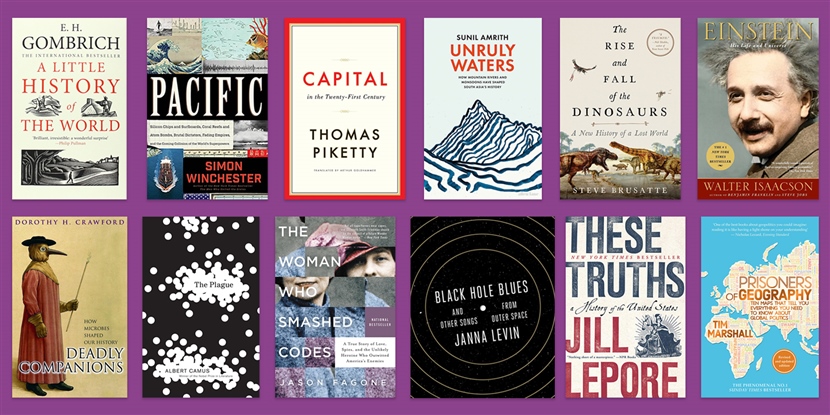It’s been quite a year for teachers globally. We hope your well-deserved break this summer gives you some time to rest, rejuvenate, or even dive into a new book! When it comes to the latter, we’ve got your back. Without further ado here’s our annual list of teacher-curated book recommendations for summer 2020.
Without further ado here’s our annual list of teacher-curated book recommendations for summer 2020.
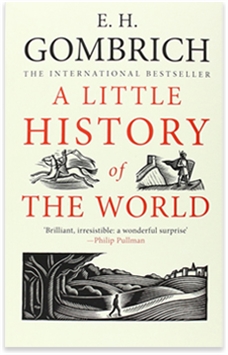 |
E. H. Gombrich — A Little History of the World Take a look at the history of humans, from the inventions of cavemen to the creation of the atomic bomb. Along the way, Gombrich paints a colorful picture of humanity’s leaps in science, art, war, and conquest.
|
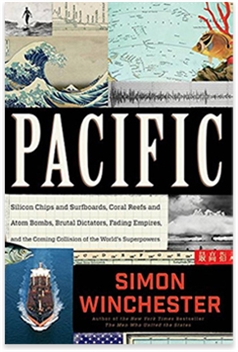 |
Simon Winchester — The Pacific Ever read a biography about an ocean? The Pacific connects the development of American West Coast cities and the rise of China to the ocean’s role in defining our future. |
 |
Thomas Piketty — Capital in the Twenty-first Century Described as possibly the most important economics book of the decade, Piketty’s groundbreaking work examines wealth and income inequality in Europe and the United States. There’s a lot of history to learn here over several hundred pages of deep, thoughtful analysis.
|
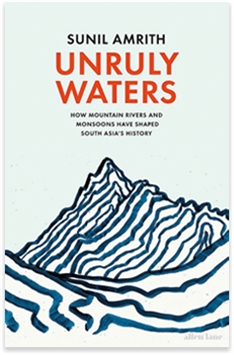 |
Sunil Amrith — Unruly Waters: How Rains, Rivers, Coasts, and Seas Have Shaped Asia’s History Looking for a fascinating take on history, economic development, and climate change? Learn all about the history of Asia through bodies of water and the people that have worked to control them.
|
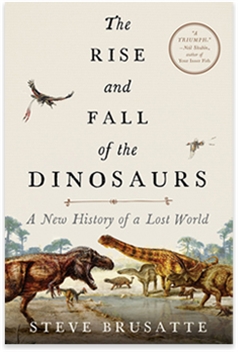 |
Steve Brusatte — The Rise and Fall of the Dinosaurs, A New History of a Lost World Who doesn’t love learning about dinosaurs? Travel back hundreds of millions of years to trace the evolution of these creatures’ history, from their beginnings all the way through to the most extraordinary extinction event in earth’s history!
|
 |
Walter Isaacson — Einstein: His Life and Universe Examine the legendary scientist through a new understanding of how his rebellious nature gave him the inspiration and genius that he’s remembered for today.
|
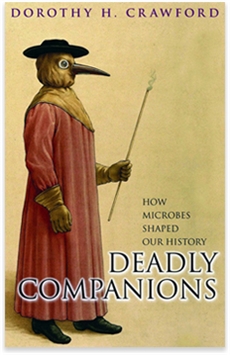 |
Dorothy H. Crawford — Deadly Companions: How Microbes Shaped Our History Particularly relevant, Deadly Companions explains how microbes (those tiny organisms that our bodies have billions of) shaped human history. There’s no better time to learn the lessons of how civilization was shaped by infections and diseases and whether or not we can do anything in the future to conquer these microscopic threats in the future.
|
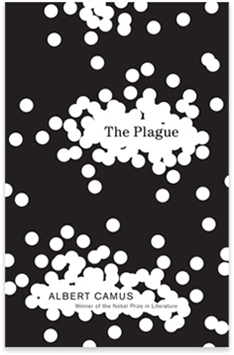 |
Albert Camus — The Plague Another very topical book for this summer, The Plague deals with how humans confront survival and death via a cast of characters living through a pandemic. In this novel, a community is confronted by a plague and the philosophical questions it raises.
|
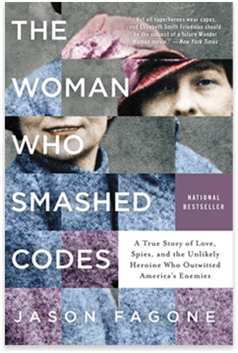 |
Jason Fagone — The Woman Who Smashed Codes A poet turned codebreaker and one of the greatest influences on modern cryptology, Elizebeth Smith Friedman's work helped pierce enemy communications during both World Wars, capture gangsters, and expose secret Nazi spies. Yet she has been all but forgotten to history. Fagone brings Friedman into the limelight, and revealing a story that was deliberately lost due to sexism and secrecy.
|
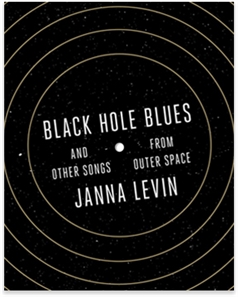 |
Janna Levin — Black Hole Blues and Other Songs from Outer Space Taking up the role of historian, physics and astronomy professor Jana Levin takes readers on the fascinating journey from Einstein’s initial theory to the eventual capture of the existence of gravitational waves a century later.
|
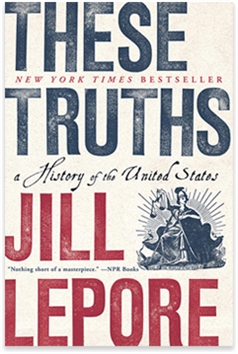 |
Jill Lepore — These Truths A single volume history of the United States that discusses, disputes, and re-discovers the US from its origins to the present day. Along the way, Lepore introduces the reader to both well-known historical figures and those that have been forgotten over time. You're sure to gain new perspective on arguments that have defined the modern nation.
|
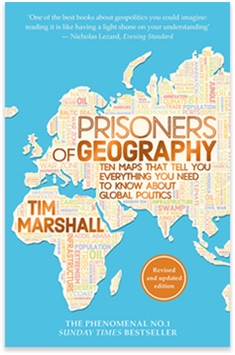 |
Prisoners of Geography — Tim Marshall Geography lovers rejoice—this book combines geography, history, and politics to look at the geopolitical strategies of world powers. Award-winning journalist Tim Marshall uses ten maps from crucial regions around the world to explain power dynamics and motives behind some of the world’s largest conflicts.
|
Here’s to hoping that this list gives you a start to learning new things and finding inspiration for next year, and happy summer!
 For full access to all OER Project resources AND our amazing teacher community,
For full access to all OER Project resources AND our amazing teacher community, 